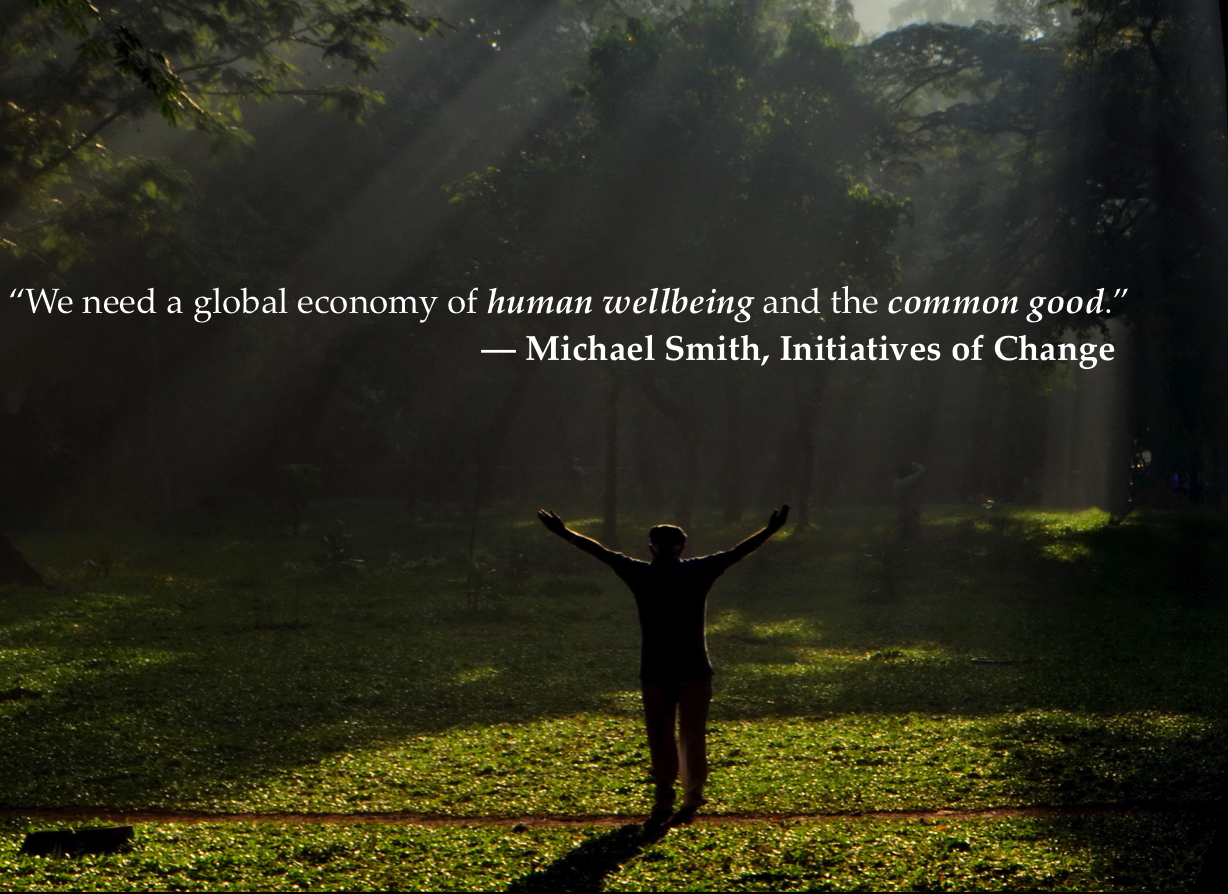Historical wounds and ongoing mistrust between people need active engagement or they can persist for generations. Honest conversation, taking responsibility and moving beyond blame and personal pain along with acts of acknowledgment and reconciliation can break the cycle of guilt and anger and allow people to reach understanding and healing.
Richmond, Virginia, in the United States was known as “the great slave market of the South”. Historical divides persisted. In 1990, called to address the need for racial healing, Initiatives of Change launched at program called Hope in the Cities (HIC).
HIC set out to convene alienated and polarized groups in a combination of fact-based and relationship-building dialogues. Their success with their ground -breaking approach rapidly created intense interest among dialogue practitioners nationwide, and their approach has been replicated in cities across the US as well as in countries in all continents.
HIC’s innovations include:
Walks through history
These walks are models for an accurate, respectful, inclusive public telling of the story. It establishes an agenda for healing by:
- Allowing the conscience of large numbers of people to be mobilized
- Liberating all parties by breaking the cycle of guilt, avoidance and resentment
- Enabling people of different backgrounds to take ownership of shared history
Looking at the data
Unpacking the 2010 Census project was a deliberate attempt to educate people on the underlying causes that gave Richmond the greatest disparities of income and wealth of any metropolitan region of comparable size. The new approach of the Unpacking the 2010 Census project is unique in that it highlights the role that history has played in the current situation.
Community dialogue
- In 1996 HIC facilitated the drafting of A Call to Community – a series of small group dialogues on race, reconciliation and responsibility which over the intervening years have involved thousands.
Hope in the City shows us that facilitated conversation workshops can effectively help acknowledgment of painful history, trust-building and team building in communities divided by race, ethnicity, class, or religion.
READ MORE


